Unreleased Horowitz
mainFrom a March 1945 Chopin and Liszt recital.
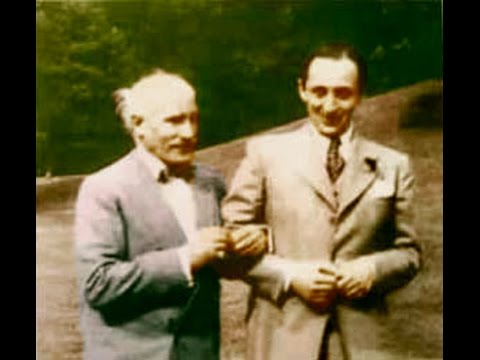
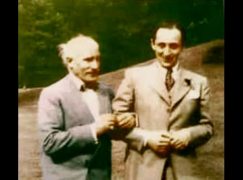
The Berlin Philharmonic chief conductor made some sphinx-like…
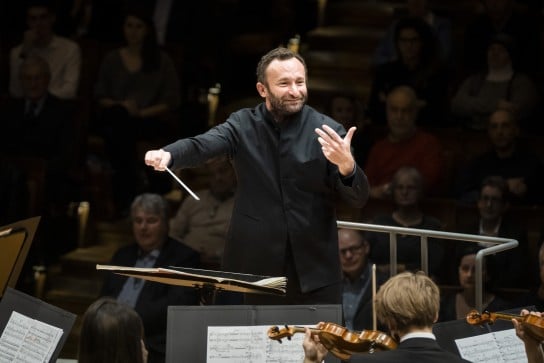
Dear Alma, I am a male conductor in…
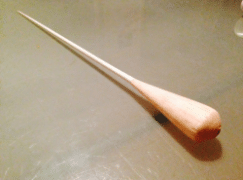
Breaking 180 years of male exclusivity, the Vienna…
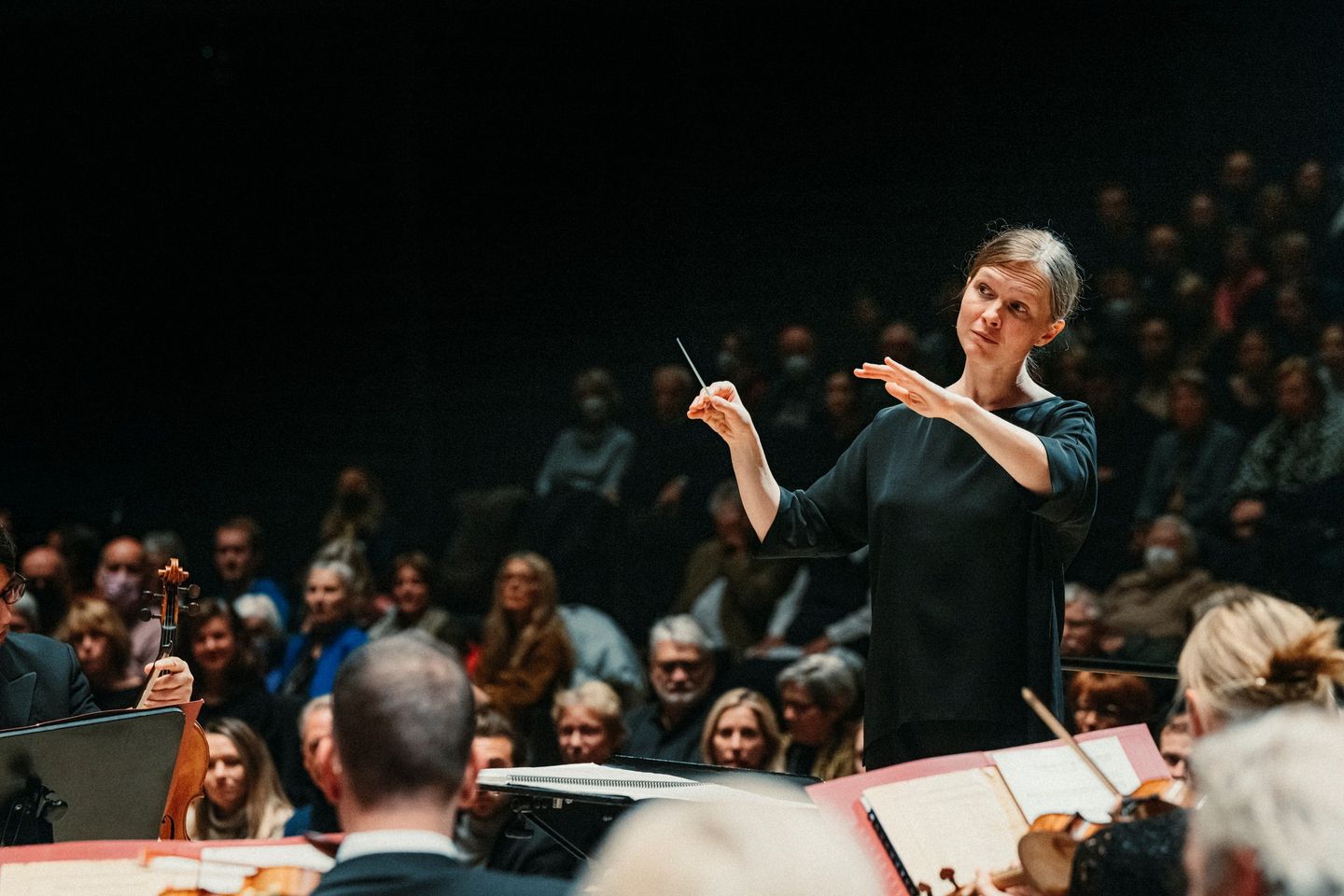
An angry op-ed in the San Francisco Standard…

Session expired
Please log in again. The login page will open in a new tab. After logging in you can close it and return to this page.
There was only one Horowitz – there will never be another like him!!!
In a league of his own !!
No comment….
To Greg Bottini,
Well, at least this was less “provocateur” than your previous comments on VH, but i still find it strange that someone who criticises VH’s eccentricities, (often justly so…) can praise the ghastly murder of Liszt (and Debussy) by Samson François and the grisly massacre of Ravel’s “La Valse” by Glenn Ghould, by comparison with this excellent example of VH’s best, (as was VH’s Poulenc you chose as victim some time ago). Really strange.
Probably not really into pinistic noises….?
It’s called “personal opinion”, Paul, and who asked you, anyway?
Greg, cos it’s a public forum, nobody needs to ask me! It’s not a critique or an aggression; it’s interesting to me why a connaisseur, such as yourself, needs to post the invariably negative opinion on VH, like a dog with a bone! There are certainly many arguably bad recordings of VH, and i respect anyone’s negative opinion, but what interests me here, is that we have a fine example of VH, yet there’s a knee-jerk reaction. If you had listened blind, or been told that it was …..(for instance)…Samson François….? That’s what interests me. I know that in recent years, i’ve come to revise some of my predi-juices, sometimes by listening blind, or simply by imagining the piece plunk/scroach/scrope by another artits. I certainly have my ingrained “dislikes” among artits, but it can be also a pleasure to have one’s viewpoint improved at least a little. Among pianists, for instance, i just didn’t “get” Arrau for most of my life. He seemed dull, flat, unexciting…. (with all respect for his metier), then, just one discussion with a gorgeous New-Yorkaise in….of all things, the (sorry!), Horowitz queue, (all nite, May 1982), and her recommendation of Liszt LP (Phillips) of Petrarch Sonnets, Vallée d’Obermann, etc, completely chonge my viewpoint; thereafter i listened differently and appreciote his (Arrau’s), later-years live performances. We’ve already had this quasi-tussle, and it’s (for me), amusing and instructive. Please don’t take it as an offence.
“Like a dog with a bone”? ME?
My original comment consisted of exactly two words: “No comment….”
It is YOU who keeps gnawing at the bone.
And you even go on to say “i respect anyone’s negative opinion”. You are a bald-faced liar.
Please, in future, leave me and my comments OUT of your obsessions.
Thanks for this vintage Horowitz, fantastically played. These mazurkas join those of Friedmann, Maryla Jonas, Rubinstein, Kapell, Michelangeli, and Cortot,
Liszt dated “Funerailles” 17 October 1849 but denied any connection with Chopin, who died that day, despite its similarity to the octave charge of Polish cavalry in the A-flat polonaise and even the change of pace midway through.
Was Liszt in Paris during the composition of Funerailles? If not, he wouldn’t have known of Chopin’s death until some time later. However, he did know of the final defeat of the Hungarian army (by the Imperial Russian Army, called in for help by a desperate Franz Josef) in September 1849, and the work may actually be a commemoration of that defeat.
Certainly Lazar Berman thought so, which is why he began every recital with it after the defeat of the Hungarian revolt of 1956, despite the severe cost to his performing career.
Agreed, for the mazurkas, except, possibly for your choice of Cortot. While admiring many things about Cortot’s Chopin, i don’t think the mazurkas were his strong point; too much French élégance, not enough earthy foot stamping on the second beat!
Just months before August 6 1945 when atomic bombs rocked the world near the end of WWII. Surely these times triggered deep emotions in the pianist. Times of strife will do this. His sensitivity to harmonies, melodies, intervals, are at a peak here. It is also near to a time when he met the teacher of Byron Janis, our mutual teacher Adele Marcus. According to spoken memories, Horowitz was enthralled by her way with phrasing and sound and asked her ‘how do you do that, show me what you do!’ In listening to her recording of the Mazurka in f minor, I hear a few similarities to this one presented here. It could well have been a stylistic trend of the time, perhaps surrounded by war time, etc. Time brings varying inflections in the music making of the time. These recordings bring forth a very sensitive, natural and gut-instinctive response to the written music. Just beautiful, poetic and heartfelt.
many people like Horowitz, but I find his playing too free and neurotic, even in Chopin.
Actually the 2nd work presented, Chopin’s Mazurka in B minor, Op.30 No.2 has been released several times by RCA and Sony, starting in 1995. Horowitz had several of his Carnegie concerts from 1945-1950 recorded at his own expense, and donated them to Yale University a few years before he died. These concerts show Horowitz at the peak of his powers, and often playing repertoire he dropped after the 1950s. A few of these have been released over the decades but they should be released in toto.
A fine example of the magical quality of VH’s Mazurka interpretations. Surely even more magical to have been there.
Anyone heard Horowitz’s 1983 Tokyo concert? Not good at all. Wrong notes everywhere.
Breathtaking. Horowitz makes music speak.
“Horowitz makes music speak.”
What a breathtakingly absurd thing to write!
Cortot was a maverick choice, Rubinstein has the classic Polish sound. Friednann taught his pupils to dance the mazurka, but I don;r always understand what he and Rosenthal are doing.
There are sets by Brailowsky, Fou Ts’ong, Francois, and the Polish W., with examples by Luisada, Pogorelich, Paderewski, Pachmann, Sofronitzki, Malcuczinski, and Richter. Cortot olays some in his naster-classes edited by Murray Perahia for Sony.
Two of rhe best I’ve heard live are Op. 17/4 by Ozan Marsh, and Op. 33/4 by Michelangeli, both as encores. Not to be missed are the mazurkas by Granados, Scriabin, and Szymanowski, or Tolstoy’s description of dancing it in “War and Peace”.